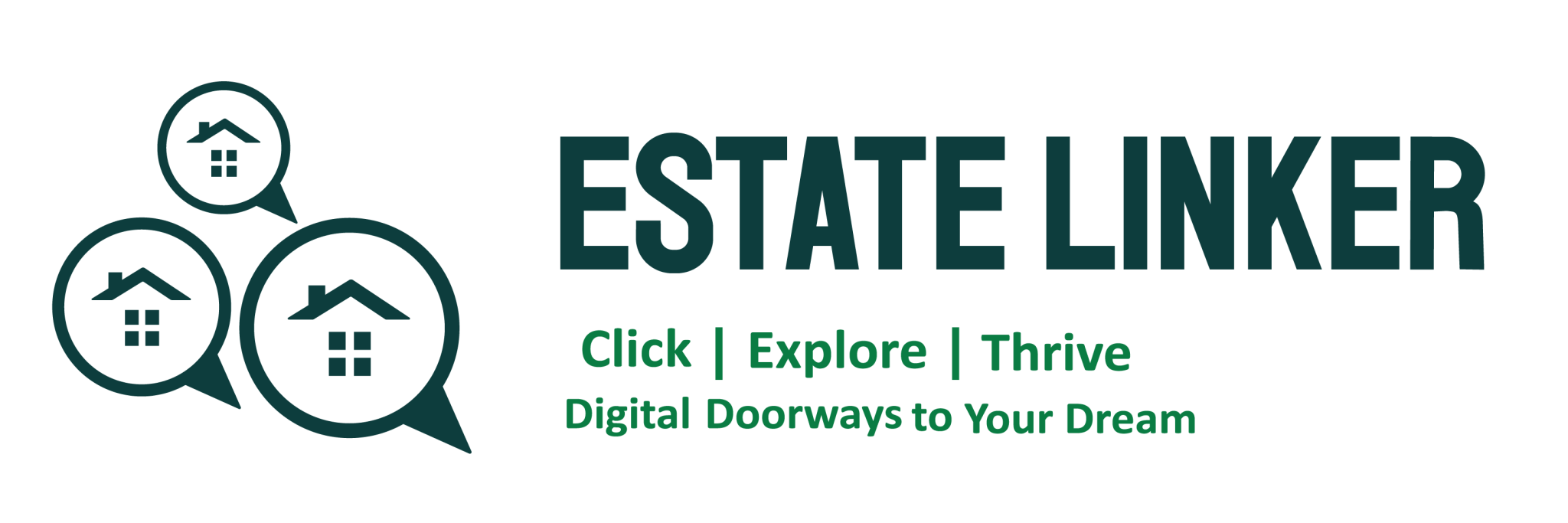mental-health-tools0915
mental-health-tools0915
10 Things That Your Family Taught You About Mental Health Assessment For Children
Mental Health Assessment for Children: A Comprehensive Overview
Introduction
Mental health is an important element of a child’s overall well-being. Early identification and intervention can considerably influence a child’s advancement and future prospects. Mental health assessments for children assist to recognize, identify, and treat emotional and psychological concerns. This short article provides a comprehensive overview of the processes, tools, benefits, and frequently asked questions regarding mental health assessment for children (www.freyarichmond.top).
Significance of Mental Health Assessment for Children
Mental health assessments play an important role in:
- Early Detection: Identifying problems before they escalate can prevent long-term psychological and behavioral issues.
- Tailored Interventions: Assessments help mental health specialists design personalized treatment strategies based on each kid’s requirements.
- Support System: Assessments offer insights for moms and dads and educators, allowing them to better support the child in your home and in school.
- Monitoring Progress: Regular assessments can assist track a child’s advancement and the effectiveness of interventions.
Common Mental Health Issues in Children
Numerous mental health conditions can affect children, consisting of:
- Anxiety Disorders: Generalized Anxiety Disorder, Separation Anxiety Disorder
- Mood Disorders: Depression, Bipolar Disorder
- Attention-Deficit/Hyperactivity Disorder (ADHD)
- Autism Spectrum Disorder (ASD)
- Behavioral Disorders: Oppositional Defiant Disorder (ODD), Conduct Disorder
Actions in Mental Health Assessment
The assessment process generally involves a number of actions:
- Initial Consultation: Parents or guardians discuss their interest in a mental health expert.
- Clinical Interview: The kid goes through a structured interview that explores their emotional state, habits, and household background.
- Behavioral Observations: The clinician might observe the kid in various settings, such as at home or school.
- Standardized Tools: Various age-appropriate assessments are utilized to gather quantitative information. These may include:
- Questionnaires: For children and parents to fill out.
- Score Scales: To assess particular behaviors or symptoms.
- Feedback Session: Results are gone over with the family, and recommendations are made based on the findings.
Tools and Techniques for Assessment
There are several assessment tools readily available for evaluating children’s mental health, including:
| Tool Type | Function | Example Tools |
|---|---|---|
| Parent-Reported Questionnaires | To collect adult observations | Behavior Assessment System for Children (BASC-3), Child Behavior Checklist (CBCL) |
| Child Self-Report Questionnaires | To acquire the child’s perspective | Modified Children’s Anxiety and Depression Scale (RCADS), Mood and Feelings Questionnaire (MFQ) |
| Direct Observation | To understand real-time behavioral patterns | Achenbach System of Empirically Based Assessment (ASEBA) |
| Clinical Interviews | To get qualitative insights | Diagnostic Interview Schedule for Children (DISC) |
Benefits of Mental Health Assessment
- Comprehending the Child: Offers deep insights into a child’s ideas, sensations, and behaviors.
- Effective Communication: Enhances interaction in between moms and dads, teachers, and mental health professionals.
- Resource Allocation: Assists in determining suitable resources and services tailored to the child’s unique requirements.
- Decreasing Stigma: Normalizes seeking aid for mental health concerns, encouraging more families to pursue assessments and therapy.
Challenges in Mental Health Assessment
While mental health assessments are indispensable, they are not without challenges:

- Stigma: Many families may feel ashamed or embarrassed to look for aid, fearing social judgment.
- Access to Services: Availability of certified professionals can differ by place, making it difficult for some families to acquire assessments.
- Expense: Mental health services can be expensive, and not all insurance plans cover assessments properly.
- Diagnosis Complexity: Children often exhibit overlapping signs of various disorders, making accurate diagnosis challenging.
FAQs
1. At what age must a kid go through a mental health assessment?Children can be examined as early
as preschool age when indications of emotional distress or behavioral concerns end up being apparent. 2. How long does a mental health assessment normally take?Assessments can
vary from a single session long lasting 1-2 hours to ongoing evaluations spread out throughout numerous weeks. 3. What must parents expect during a mental health assessment?Parents ought to expect interviews, questionnaires, and potentially observations in numerous settings. They will likewise be associated with discussions about
their kid’s behavior and emotions. 4. Are mental health assessments confidential?Yes, mental health assessments are private. Nevertheless, there are exceptions mandated by law, such as disclosures around possible harm to
self or others. 5. What should I do if I think my kid
needs a mental health assessment?Reach out to a pediatrician or a licensed mental health specialist who focuses on kid psychology for recommendations and guidance on the assessment process. Mental health assessments are important for determining and resolving the psychological needs of children early in life. By comprehending the importance of these assessments and the processes included, households can take educated steps towards guaranteeing their children’s
mental wellness. As mental health awareness continues to grow, it is necessary for parents, teachers, and doctor to actively take part in evaluating and supporting children’s mental health requirements.


